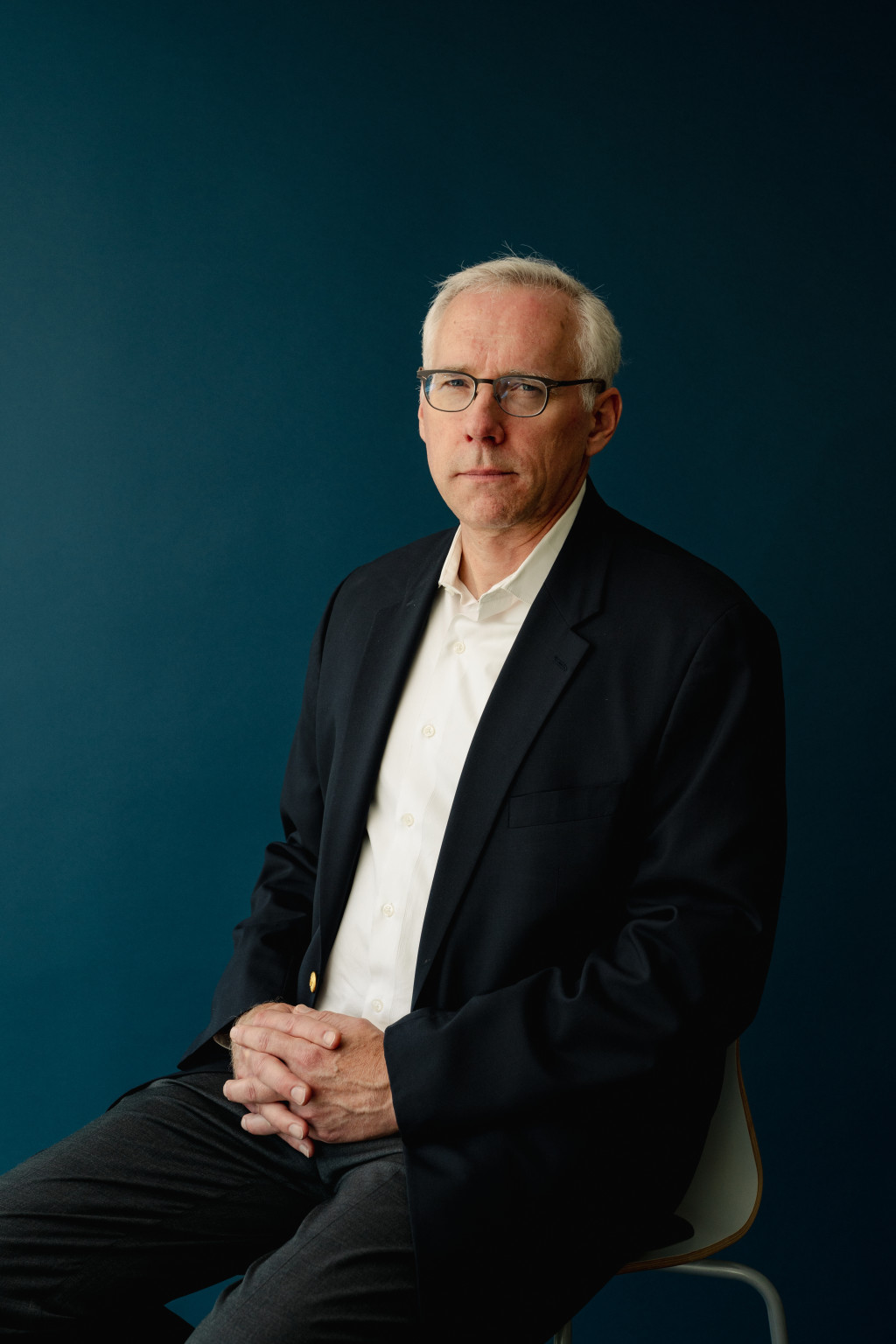The Sunni-Shia Divide
This video is part of the Council on Foreign Relations’ InfoGuide Presentation, “The Sunni-Shia Divide.”
An ancient religious divide is helping fuel a resurgence of conflicts in the Middle East and Muslim countries. Struggles between Sunni and Shia forces have fed a Syrian civil war that threatens to transform the map of the Middle East, spurred violence that is fracturing Iraq, and widened fissures in a number of tense Gulf countries. Growing sectarian clashes have also sparked a revival of transnational jihadi networks that poses a threat beyond the region.
Islam’s schism, simmering for fourteen centuries, doesn’t explain all the political, economic, and geostrategic factors involved in these conflicts, but it has become one prism by which to understand the underlying tensions. Two countries that compete for the leadership of Islam, Sunni Saudi Arabia and Shia Iran, have used the sectarian divide to further their ambitions. How their rivalry is settled will likely shape the political balance between Sunnis and Shias and the future of the region, especially in Syria, Iraq, Lebanon, and Bahrain.
Alongside the proxy battle is the renewed fervor of armed militants, motivated by the goals of cleansing the faith or preparing the way for the return of the messiah. Today there are tens of thousands of organized sectarian militants throughout the region capable of triggering a broader conflict. And despite the efforts of many Sunni and Shia clerics to reduce tensions through dialogue and counterviolence measures, many experts express concern that Islam’s divide will lead to escalating violence and a growing threat to international peace and security.
Sunni and Shia Muslims have lived peacefully together for centuries. In many countries it has become common for members of the two sects to intermarry and pray at the same mosques. They share faith in the Quran and the Prophet Mohammed’s sayings and perform similar prayers, although they differ in rituals and interpretation of Islamic law.
